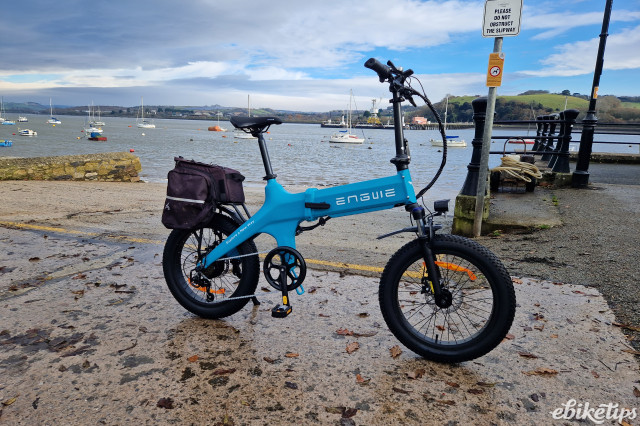The last time we reported on this, in December, the Transport Bill that will legalise e-scooters through the creation of a low-speed, zero-emission vehicle category had been pushed back until late this year at the earliest. The latest parliamentary exchange on the matter seems not to have moved the cause of e-scooter legalisation on any further with Transport Minister Jesse Norman telling the Transport Select Committee that his department still still needs more "non-pandemic large-scale e-scooter usage data" and more public consultation.
The full exchange between Norman and TSC members is detailed at Zag Daily. The article outlines how Norman was grilled on what the government needed to take forward the promised legislation and his reply wasn't exactly packed full of specifics.
"We need to talk to people and say, ‘Look, here are insurance alternatives. What do you think? Here’s the evidence on helmets. What do you think? Here’s the evidence on safety. What do you think? We certainly don’t have a consolidated basis of consultative evidence,” he said.
Labour MP for Exeter Ben Bradshaw responded: "I think the government wants to regulate and agrees with us on this. I don’t think you’re getting a lot of opposition, so please just get on with it."
Norman's pleading of lack of data is rather contrary to the picture painted by the operators of the trials themselves according to this Zag article from February this year. In it , Voi’s Head of Public Policy for UK, Ireland and Netherlands Matthew Pencharz is quoted as saying: “We feel there isn’t much more learning, we have proven the demand, we have proven it is a safe and sustainable mode and certainly the cities we work in are keen to see it normalised."
The D-Fly CEO and Founder Jez Williman also said the government has yet to reach out beyond the shared community to engage with other micromobility companies.
With the original e-scooter pledge part of a much larger Transport Bill including major railways legislation that was dropped last October and with a general election scheduled to be held no later than 28 January 2025 (the run up to which brings its own set of priorities), it seems any prospect of detailed proposed legislation is receding beyond the lifetime of the current government.
Those in the UK e-scooter industry have warned that the continued uncertainty is having a signficant negative impact.
“Emerging British companies are in danger of not surviving because investment is choked off by the uncertainty," said Ginger CEO, Paul Hodgins. "This is where future transport is going, and these delays are inadvertently ensuring the industry ecosystem and high value jobs will go elsewhere.”
> E-scooters and the law: When and where are you legally allowed to ride an electric scooter?







